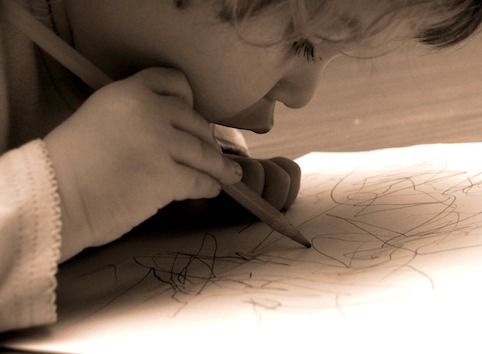What is Trauma Informed Care?
Posted by Collaborative Counseling

Trauma informed care has become a highly coveted model for treating people who have experienced traumatic experiences or events. Read more to learn about trauma and this form of treatment.
What is Trauma?
Trauma is defined as an emotional or psychological response to an event that is deeply distressing or disturbing. It can refer to things that are upsetting, such as being involved in an accident, loosing a close loved one, or going through a divorce. It can also refer to the extreme end of the spectrum as well. This would be things that are severely damaging such as assault or kidnapping.
Trauma-Informed Care
Trauma informed care is not about specific techniques. It is an overall approach to providing care. Trauma informed care should include the following six principles.
- A safe therapeutic environment is essential to aid in recovery.
- Trauma related symptoms and behaviors originate from adapting to traumatic experiences.
- Recovery from trauma is a goal in treatment.
- Resiliency and trauma resistant skills training are part of treatment.
- It focuses on client strengths.
- Trauma recovery is a collaborative effort.
What to Look for in a Trauma Informed Therapist
First and foremost, a trauma therapist should realize the impact that trauma has on a person. They should also have an understanding of potential paths for recovery. They should also be able to detect the signs of trauma in clients. Along with being able to detect the signs they should be able to respond to these signs. They should use their full knowledge of trauma practices and procedures to assist their client. Lastly, a trauma informed therapist should actively resist re-traumatizing clients.
The Importance of Trauma Informed Care
Everyone has different reactions to traumatic events. Some people may be able to cope with and move past their trauma rather quickly, whereas others may develop Post-Traumatic Stress Disorder. The way people react to and retell the traumatic event that they experienced can determine whether the people around them will believe what happened. Those who react with strong emotion are often seen as more credible than those who remain stoic and are able to look past the emotion.
Read More
 View Our Locations
View Our Locations Request Appointment
Request Appointment


